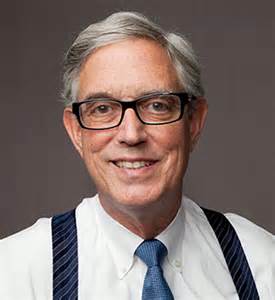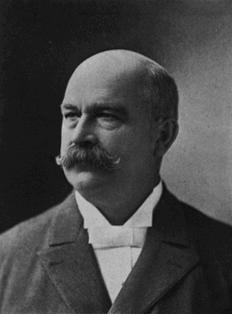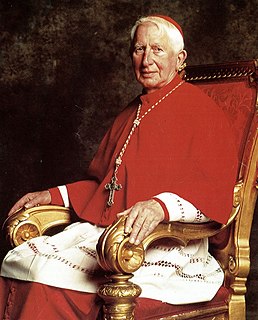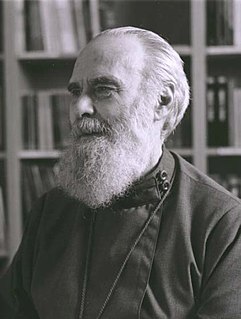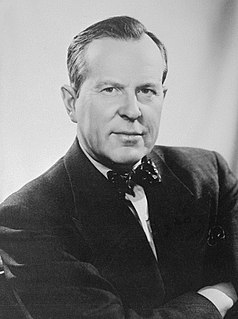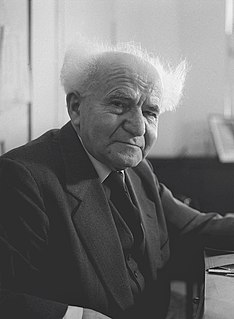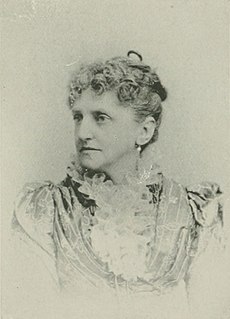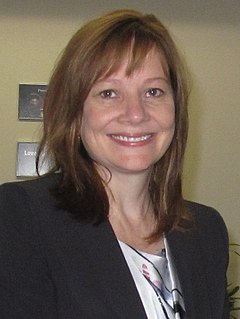A Quote by Dorothy L. Sayers
We ought to recognise the profound gulf between the work to which we are 'called' and the work we are forced into as a means of livelihood.
Related Quotes
Now in regard to trades and other means of livelihood, which ones are to be considered becoming to a gentleman and which ones are vulgar, we have been taught, in general, as follows. First, those means of livelihood are rejected as undesirable which incur people's ill-will, as those of tax-gatherers and usurers. Unbecoming to a gentleman, too, and vulgar are the means of livelihood of all hired workmen whom we pay for mere manual labour, not for artistic skill; for in their case the very wage they receive is a pledge of their slavery.
I can only work between the hours of 8:30 and 4:30, because that's when the kids are at school. So I get to do all my work and have all of my fun in that time, which means just sitting on a chair, typing, alternately clicking between writing a column and being on Twitter, and smoking as many cigarettes as I can before my lungs give out.
It seems to me, and I am personally convinced, that the Church must never speak from a position of strength. [These are shocking words.] It ought not to be one of the forces influencing this or that state. The Church ought to be, if you will, just as powerless as God himself, which does not coerce but which calls and unveils the beauty and the truth of things without imposing them. As soon as the Church begins to exercise power, it loses its most profound characteristic which is divine love [i.e.] the understanding of those it is called to save and not to smash.
The work-life balance is a harsh reality for so many women, who are forced every day to make impossible choices. Do they take their kids to the doctor...and risk getting fired? Do they work weekends so they can afford to send their kids to better childcare...even though it means even less time with their families? Do they take another shift at work, so they can pay for piano lessons for their kids...even though it means they have to stop volunteering for the PTA? It just shouldn't be this difficult to raise healthy families.
Making art now means working in the face of uncertainty; it means living with doubt and contradiction, doing something no one much cares whether you do, and for which there may be neither an audience nor reward. Making the work you want to make means setting aside these doubts so that you may see clearly what you have done, and thereby see where to go next. Making the work you want to make means finding nourishment within the work itself.
It is the shared experience - [although] you're the conduit of the sound, the recipient is also in some way the author of the work, because if they weren't the author of the work they wouldn't be able to recognise it as an experience, you could argue. The more distance you can put between yourself and having any kind of objective the more likely it is to appear.
When you look at the truck market in North America, you have to understand the customer, and that's one of the things I think General Motors does really well. There's a big population that buys our trucks. It's their life - or it's their livelihood. Not their lifestyle, their livelihood. It's a work truck.



